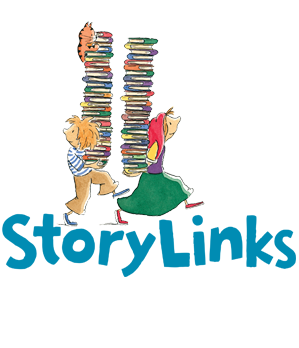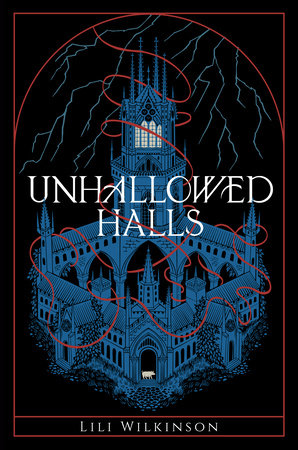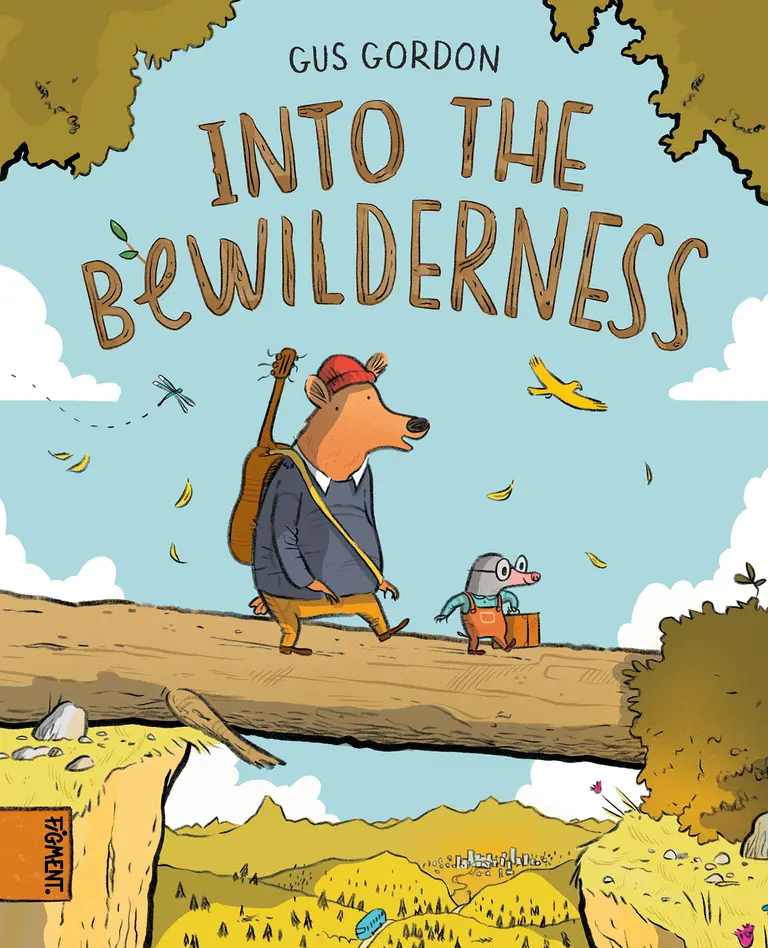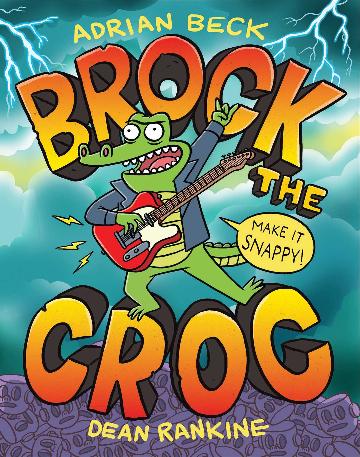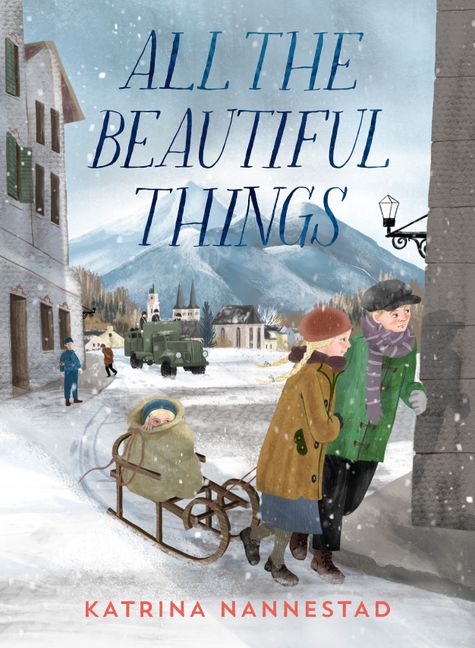
All the Beautiful Things
By Katrina Nannestad
with illustrations by Martina Heiducek
Reviewed by Mia Macrossan
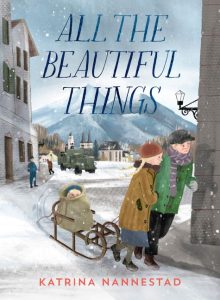 Katrina Nannestad is one of Australia’s foremost writers of children’s historical fiction. She has won the Book Links Award for Children’s Historical Fiction twice with We Are Wolves, 2021 and Waiting for the Storks, 2023. She has also won the ARA Historical Novel prize twice with We Are Wolves, 2021, and Rabbit, Angel, Soldier, Thief, 2022.
Katrina Nannestad is one of Australia’s foremost writers of children’s historical fiction. She has won the Book Links Award for Children’s Historical Fiction twice with We Are Wolves, 2021 and Waiting for the Storks, 2023. She has also won the ARA Historical Novel prize twice with We Are Wolves, 2021, and Rabbit, Angel, Soldier, Thief, 2022.
In each one of these novels she takes a little known aspect of WW2 and shows how it impacts children, who are powerless victims struggling to survive, often at intense personal cost. She has tackled Wolfskinder, child soldiers, Himmler’s Lebensborn program and now in All the Beautiful Things she writes about the impact of Aktion T4, the Nazi program for involuntary euthanasia, inspired by their vision for a strong, pure German race.
Anna lives in Berchtesgaden, Hitler’s second home. She is a perfect physical example of his preferred German race, strong, blond and blue eyed, but her little sister, Eva, is different. She is frail and needs time to learn new things, but she brings joy to all who know her because she is the embodiment of unquestioning loving and giving. Her family hide her in their apartment but soon that is not enough to keep her safe.
Other people become involved and Anna has to learn to trust and to question, to make new friends and to challenge herself to protect those she loves. In Anna’s view ‘Germany is a jigsaw puzzle. Each person is a piece. Every piece is necessary. But you’re tossing bits away as though they are rubbish. do you really want all those ugly gaps in your jigsaw?’ p 36.
One of the strengths in Katrina’s books is her careful characterisation of complex people with foibles and fears who are trying to make sense of a world where the rules have changed. As well as the intricate and ever changing relationships in Anna’s immediate circle she show us two contrasting German boys – Udo, Anna’s friend and confidant, a resistance worker who doesn’t believe in the Reich and Manfred, in love with Anna, who believes the propaganda and sees himeself as a real German hero. Another is Eva Braun, whom Anna meets while skating. Anna is attracted by Eva’s beauty and friendliness; she admires her style and appearance and has no idea that she is closely associated with Hitler. Only later does she realize that the outward grace and beauty hide a selfish heart.
As is expected now of one of Nannestad’s WW2 stories we have a rich mix of ethical and moral issues that challenges young readers to think about their world. Adults reading these stories can find them harrowing but she writes with such perception, gentleness and sensitivity that child readers love her books. Themes of loyalty, tolerance, patriotism, and more are here, always embedded in a warm loving family, rich in affection and humour. It is the bedrock of this strong family love that allows the reader to come to grips with the confronting issues presented here. Another strength here is the depiction of ordinary Germans living in a world created by Hitler and his supporters. Not every German was a Nazi.
This is a great read, suffused with love and humour. As usual Nannestad has got the balance just right, presenting the reader with thought provoking situations while keeping them enthralled with suspense, some mystery, and lots of giggles. A must for every school and home library.
Katrina Nannestad
Note: I am a judge for the 2024 Book Links Historical Fiction Award for Children. This review is my personal opinion and does not reflect the opinion of any judging panel, the judging coordinators, or the Book Links team.

